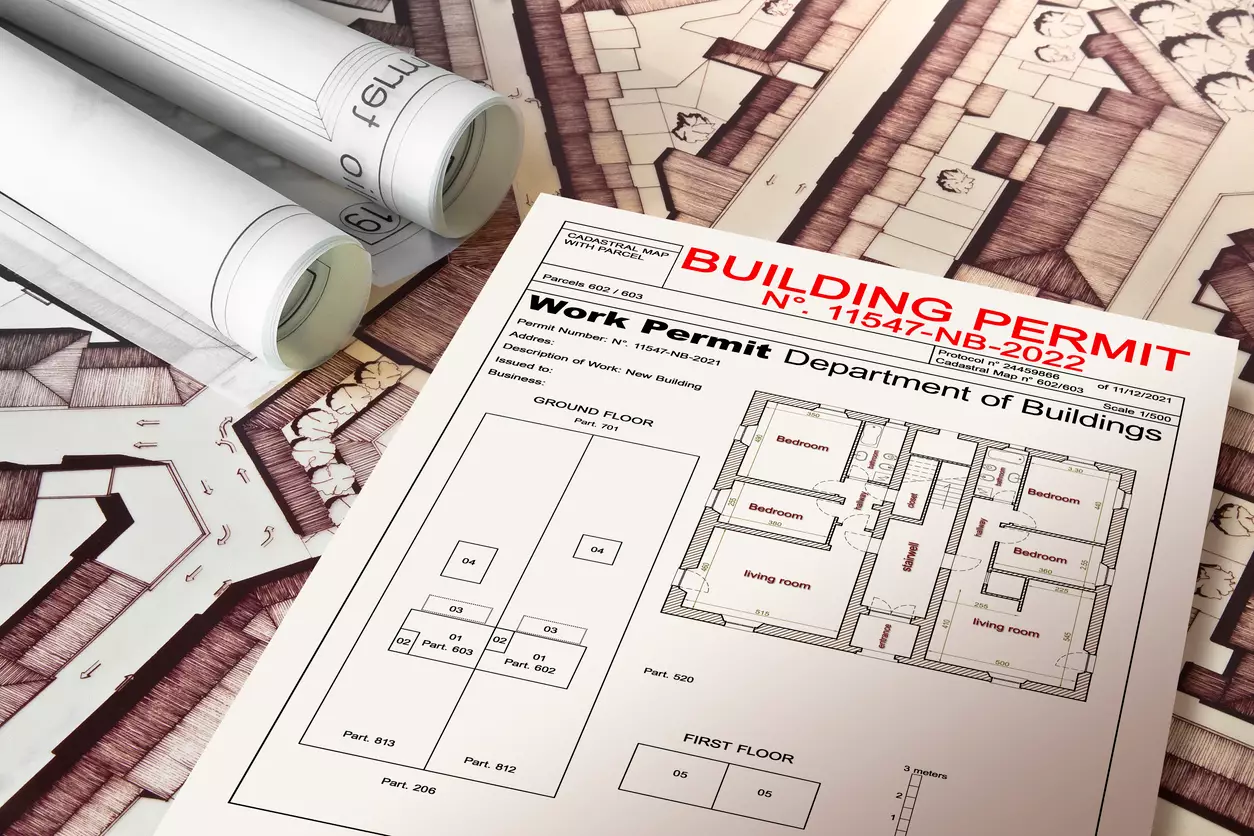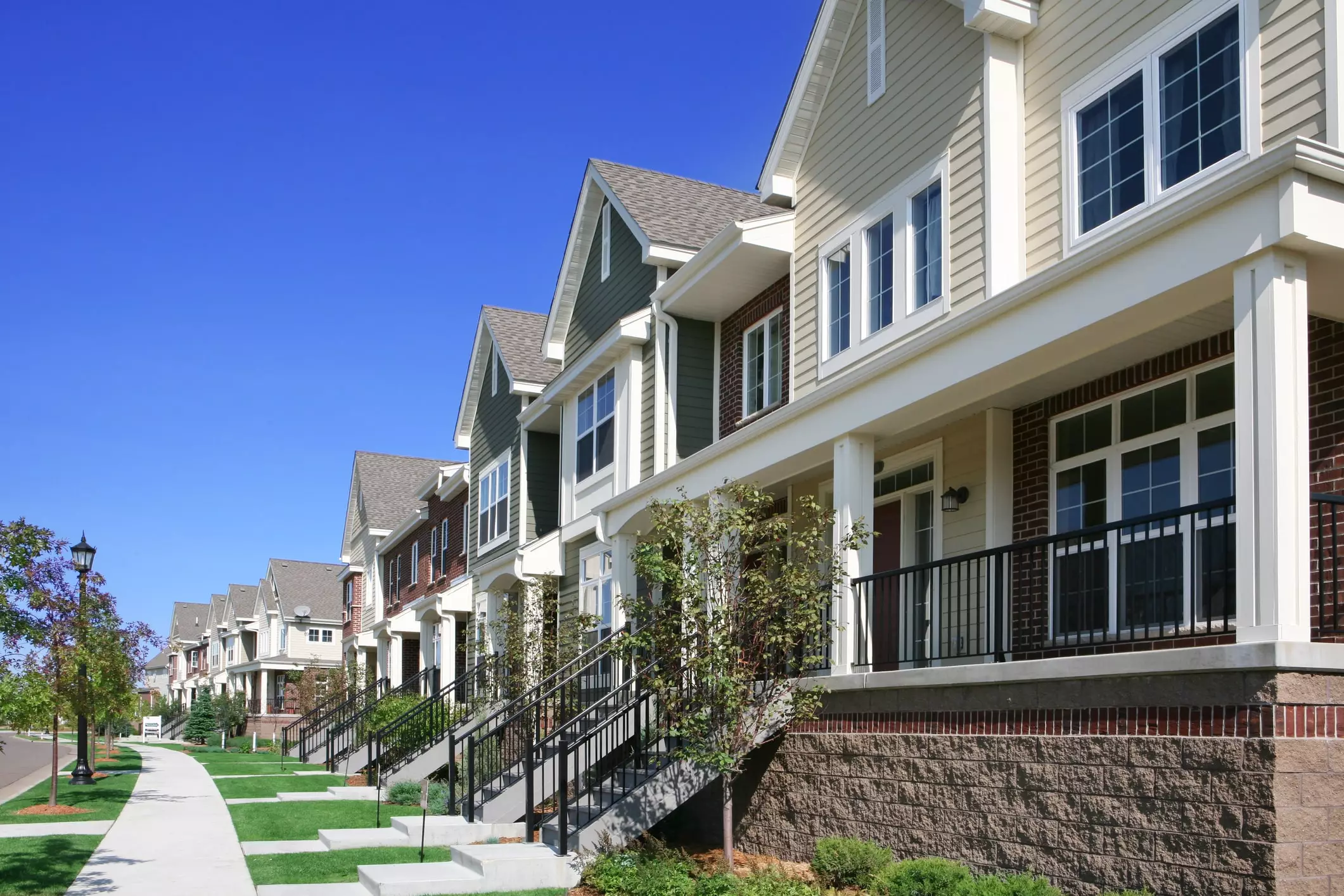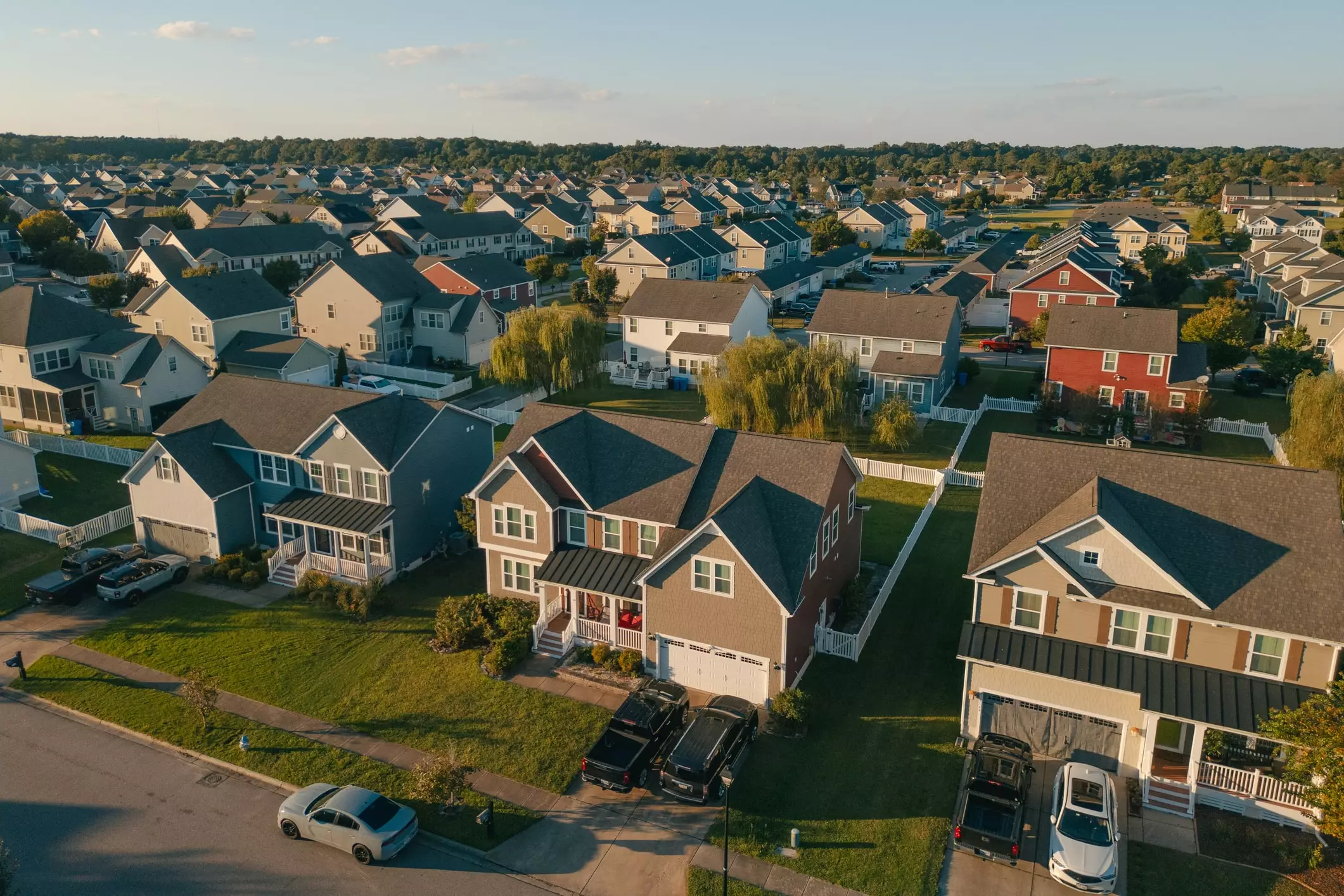What Are the Best Renovations for an Investment Property?
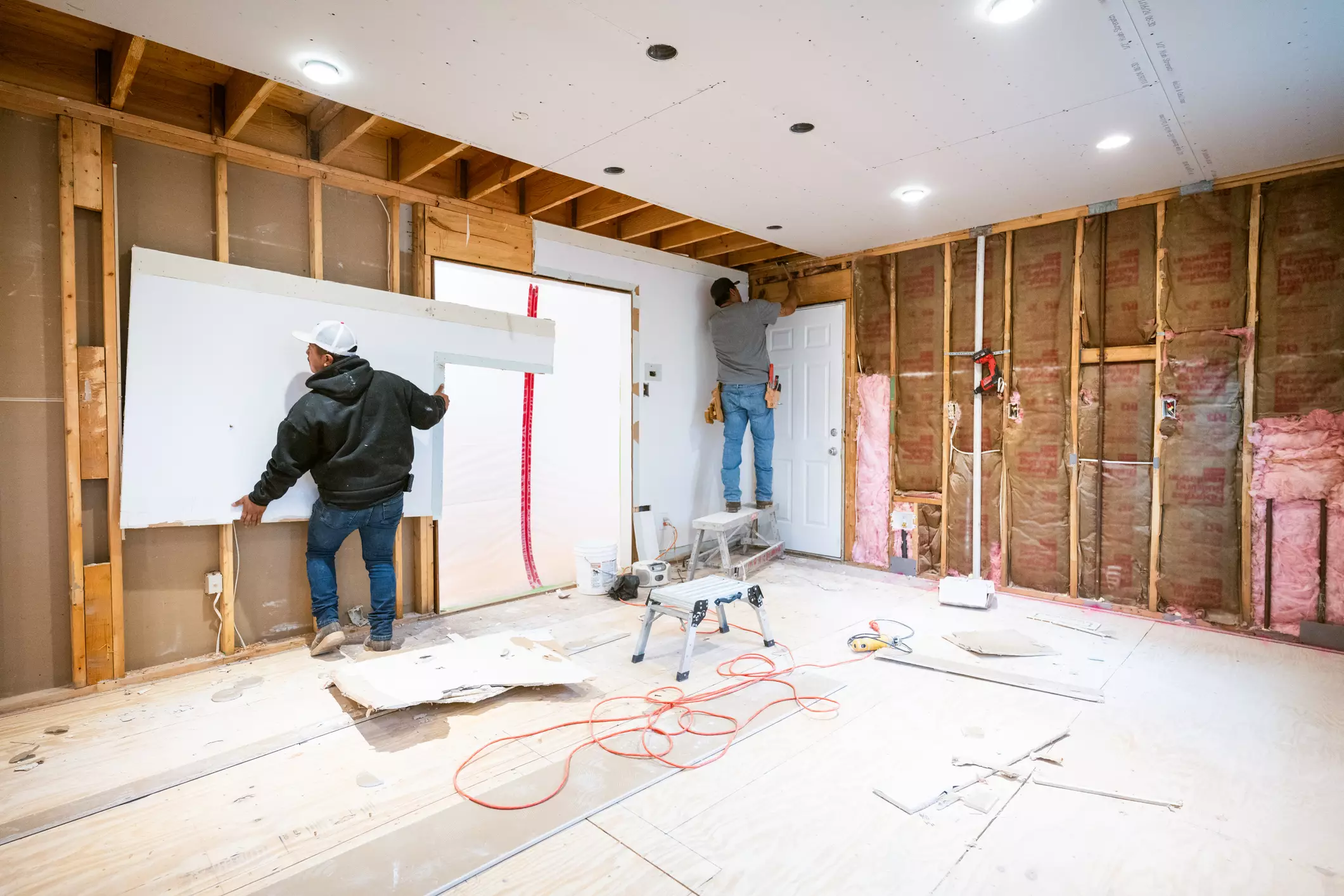
Table of Contents
- What Are the Best Renovations for an Investment Property?
- Why Renovate an Investment Property?
- Planning Property Renovations and Construction
- Set a Renovation Budget and Timeline
- Getting Quotes from Licensed Contractors
- Understanding Local Building Codes and Permits
- Structural vs. Cosmetic Renovations
- ROI-Driven Decision-Making
- High-ROI Renovations to Rental Property
- High-ROI Renovations to Rental Property
- Renovating While Occupied vs Vacant
- Renovating While Occupied
- Waiting for a Vacancy
- Common Mistakes to Avoid
- Over-Improving for the Neighborhood
- DIY Work Without Permits
- Ignoring Long-Term Maintenance
- Skipping Inspections
- Not Tracking Expenses for Tax Purposes
- How Renovations Impact Taxes and Depreciation
- Capital Improvement
- Deductions
- Hiring a Tax Expert
- Hiring the Right Contractors
- Vetting Contractors
- Red Flags
- Written Contracts Are Essential
- Use a Project Manager for Larger Jobs
Renovating an investment property is a must-do for people flipping a house for resale or enticing potential renters. Renovations to rental property boost profitability by helping viewers imagine what it would be like to live there.
However, it must be done strategically. Renovating involves many costs, including contractors, materials, and permit fees. Messing up any of these steps can quickly reduce the returns a renovation creates.
Why Renovate an Investment Property?
Renovations aren't just about making the space look better. Of course, appearance is essential, but the changes must increase its value without incurring significant maintenance costs. Here are some of the benefits of a quality renovation:
- Increase Rental Income: Enhanced properties bring in higher average rents and deposits. Justifying a higher price is essential in competitive rental markets.
- Boost Property Value for Resale: Furnishings and improved amenities can significantly raise the property value. Picking the right renovations is vital, as the cost of renovations should not exceed the added value.
- Attract Higher-Quality Tenants: Spaces with modern additions are more appealing to high-income and responsible tenants. These people are more likely to become long-term tenants and treat your property with care.
- Improve Energy Efficiency and Reduce Maintenance Costs: Additions like energy-efficient appliances lower utility bills and the likelihood of expensive repairs. These factors reduce costs while on the market, but are also a selling point for buyers.
- Stay Competitive in the Rental Market: Adding renovations to your current listings can set your property apart and reduce extended vacancies.
Planning Property Renovations and Construction
A solid plan requires you to set the right expectations and map out the space before making any purchase.
It's easy to be hopeful in a real estate investment property renovation. You plan an optimistic timeline that only works if everything goes according to plan. However, things go wrong. Labor moves slowly, material prices change, and disaster strikes.
Set a Renovation Budget and Timeline
Start by realistically assessing your maximum budget and subtracting costs, including labor, materials, permits, and anything else you can think of. Next, set a contingency fund at 10 to 20 percent of the budgeted costs.
Establish a milestone timeline. These segments won't be finalized until you speak with a contractor, but you can set personal expectations. Remember to stay flexible and understanding for each phase, and expect increased delays for older properties or busy construction seasons.
Getting Quotes from Licensed Contractors
Shopping around with contracts helps ensure you're getting a fair price. Always get a minimum of three bids for your project, as most contractors will offer a free consultation. These bids should include detailed information on costs, contractor licenses, and insurance information.
Note: Ask for references for past property renovations and construction jobs.
Understanding Local Building Codes and Permits
Renovations can mess with a property's plumbing, electrical, or structural framework. These require separate permitting, and failure to secure the paperwork can lead to unexpected fines or resale problems.
Structural vs. Cosmetic Renovations
Ensuring a safe and usable property is more important than aesthetic changes. Focus on the walls, foundation, roof, plumbing, and utility systems before moving on to landscaping and appliances. Cosmetic updates are often cheaper but won't add value if an inspector says major systems aren't up to code.
ROI-Driven Decision-Making
Every renovation eats into your budget and profits. So, adopt a profit mindset and ask, "Will this renovation generate more income or help the property sell?" Prioritize renovations that are more likely to create a better return.
High-ROI Renovations to Rental Property
Renovations are not equal. Adding a pool isn't the same as putting in a smart thermostat. Additionally, "more expensive" does not always mean "more profitable," as different markets value different property types.
High-ROI Renovations to Rental Property
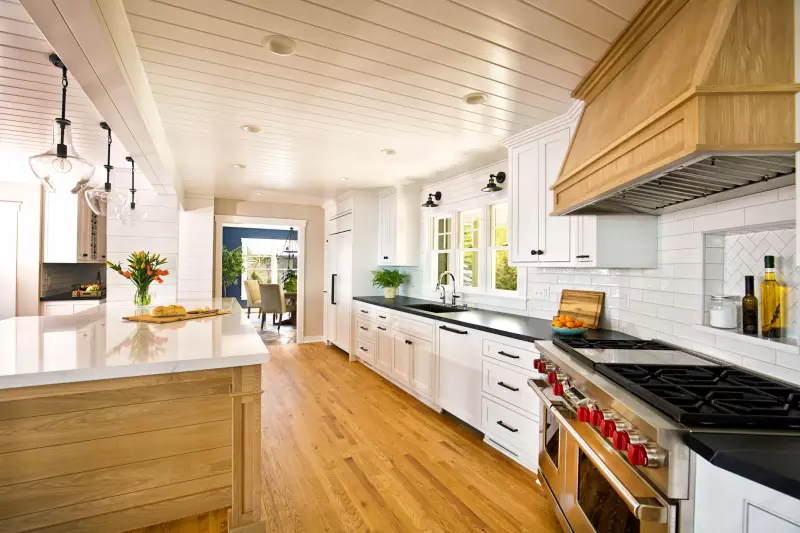
By focusing on updates that offer strong returns, landlords can increase rental income, attract higher-quality tenants, and boost property value.
- Kitchen and Bathroom Updates: The kitchen and bathrooms are utility spaces and include many upgradeable appliances. People want these areas to be comfortable and high-performance.
- New Flooring: The king of American flooring is hardwood, which returns the highest ROI. However, it can be quite expensive to buy and install. Budget options like new vinyl are aesthetically versatile and wear-resistant.
- Fresh Paint and Updated Lighting: Fresh and neutral-colored paint can make rooms feel brighter and cleaner than before. Additionally, LED lighting fixtures are more energy efficient and increase a listing's value.
- Energy-Efficient Appliances and HVAC Systems: LEDs aren't the only way to reduce an electricity bill. Utilize Energy Star-certified products where possible and on budget, such as dishwashers, refrigerators, and washing machines. These systems also add value to the home aside from utility costs, acting as a 2-for-1 upgrade in the buyer's mind, especially when paired with routine HVAC maintenance and duct cleaning that support efficiency and indoor air quality.
- Curb Appeal Enhancements: A walk-on's first impression is made at the curb. Improved landscaping and exterior replacements to the windows and doors can make a property more inviting and secure.
Renovating While Occupied vs Vacant
Should you renovate while tenants still live in the unit or wait until the tenant is gone? Each option comes with trade-offs.
Renovating While Occupied
Performing renovations while the property is in use is challenging. You must consider the tenant's position, which will cause challenges like limited access, noise complaints, and scheduling conflicts.
Tenants may also be entitled to rent reductions or other perks, depending on the scope of your project. Before committing to renovating an occupied unit, it is recommended that you consult a lawyer regarding your lease agreement and local tenant laws.
Waiting for a Vacancy
Renovating a vacant space is less of a hassle, but it also extends the unit's disuse. Property owners take a hit for every month a unit is vacant.
However, the renovation can be performed on an expedited timetable with full access to the property. There is also a reduced risk of delays from legal problems or complaints, aside from noise complaints from other tenants.
Common Mistakes to Avoid
Renovations can be long and complex. There are common traps that even experienced investors fall into, including:
Over-Improving for the Neighborhood
The local market should inform your renovations, to an extent. Implementing renovations that cause the house to outprice local buyers will cause your property to sit vacant for extended periods. You may end up forced to rent or sell without recouping the investment.
DIY Work Without Permits
People trying to save money through "DIY" projects often overlook permitting. Permits aren't exclusive to professional contractors but are required for all projects that change property structures and electrical, mechanical, or plumbing systems. Different counties may have stricter or looser requirements, so it is best to contact your county's permit department.
Ignoring Long-Term Maintenance
You never know how long a property will stay on the market. Investors must be ready to pay for cleaning, appliance maintenance, and electricity while showing the unit. These costs should be baked into the budget.
Skipping Inspections
Inspections aren't always legally required before a sale, but they can help avoid costly delays. Many buyers perform their own inspections on plumbing, electrical, and foundation. Any problems they find may uproot the deal.
Not Tracking Expenses for Tax Purposes
Investors should keep detailed records of every expense, including labor, materials, permit fees, appliances, and maintenance. These records may help you qualify for tax deductions on mortgage interest, property taxes, operating expenses, and more.
How Renovations Impact Taxes and Depreciation
Rental income and property sales both feed into your income taxes. This includes leasing to businesses, renters, or flipping a home.
Capital Improvement
Capital improvements are renovations meant to improve the property's value, extend its life, or change its use. These aspects must substantially increase the asset's value and are separate from routine repairs. For example, adding new window shutters will not typically qualify.
A capital improvement can be deducted from capital gains when a property is sold, reducing the associated tax. However, the deduction does not apply to rental income.
Deductions
Rental property owners must also understand how depreciation affects their tax benefits. They can leverage wear and tear to reduce their tax liability. Rental properties are generally taxed across their "useful life," and these taxes can be recalculated based on depreciation. This means that a rental property won't be taxed the same in year ten as in year one.
However, proving factors like depreciation and capital improvement are essential to more favorable deductions. Proper recordkeeping of invoices, rental agreements, and contractor deals will support your claims in an audit.
Hiring a Tax Expert
Laws and qualifications for these deductions may vary slightly based on location. So, it is recommended that rental property owners consult a licensed tax professional to ensure they are handling everything correctly.
Hiring the Right Contractors

A renovation's quality, speed, and cost will depend on who you hire for the job. Beginning investors often have a hard time discerning who to go with. Consider the following to do it right:
Vetting Contractors
An interview isn't enough to choose your contractor. Compare their prices to competitors in the area (at least three written estimates) and ensure those contractors do similar work. You can also ask the contractor for the previous client's contact information to get testimonials.
Calling previous clients will help you gauge whether the contractor has previous experience with your renovations and if they kept to schedule.
Additionally, only consider licensed and insured contractors. These measures prevent them from suing the property owner if they are injured during the renovation process.
Red Flags
There are many scam artists out there. For example, "Storm Chasers" are people who follow harsh storms across the country and sometimes trick people into fake roof repairs.
Be wary of "contractors" requesting full payment up front or cash-only payment. Most contractors will accept a milestone-based payment plan, in which you pay in segments as the project is completed.
Written Contracts Are Essential
A written contract clearly outlines the scope of work, payment methods, project timeline, and material invoice. It should also describe what to do in case of missed payments, pushed deadlines, or cancellations.
Use a Project Manager for Larger Jobs
Extensive renovations often involve bringing in multiple contracting teams at once. This occurs when a property is severely outdated or in disrepair. A project manager can coordinate contractor work schedules, manage the budget, and keep to the timeline as best as possible. They are invaluable if you cannot regularly appear on-site.
Search Property & Deed Records
Table of Contents
- What Are the Best Renovations for an Investment Property?
- Why Renovate an Investment Property?
- Planning Property Renovations and Construction
- Set a Renovation Budget and Timeline
- Getting Quotes from Licensed Contractors
- Understanding Local Building Codes and Permits
- Structural vs. Cosmetic Renovations
- ROI-Driven Decision-Making
- High-ROI Renovations to Rental Property
- High-ROI Renovations to Rental Property
- Renovating While Occupied vs Vacant
- Renovating While Occupied
- Waiting for a Vacancy
- Common Mistakes to Avoid
- Over-Improving for the Neighborhood
- DIY Work Without Permits
- Ignoring Long-Term Maintenance
- Skipping Inspections
- Not Tracking Expenses for Tax Purposes
- How Renovations Impact Taxes and Depreciation
- Capital Improvement
- Deductions
- Hiring a Tax Expert
- Hiring the Right Contractors
- Vetting Contractors
- Red Flags
- Written Contracts Are Essential
- Use a Project Manager for Larger Jobs
Related Articles
-
![]() Ways to Increase Home Value Through Renovations
Ways to Increase Home Value Through Renovations
-
![]() Is House Flipping the Problem or Solution to America’s Housing Market Crisis?
Is House Flipping the Problem or Solution to America’s Housing Market Crisis?
-
![]() Real Estate Investing for Beginners: The Complete Guide
Real Estate Investing for Beginners: The Complete Guide
-
![]() Best Real Estate Markets to Invest in 2025 for Maximum Returns
Best Real Estate Markets to Invest in 2025 for Maximum Returns
-
![]() Everything You Need to Know About Building Permits in Florida
Everything You Need to Know About Building Permits in Florida





